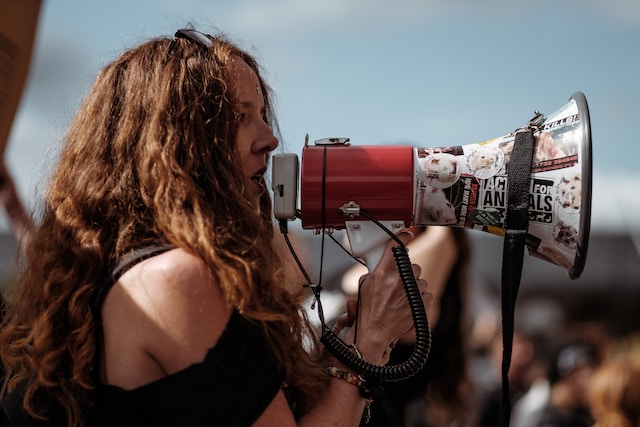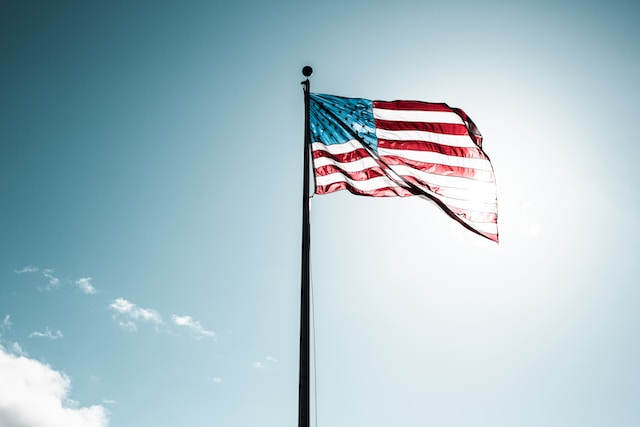In 2014, a whistleblower in Phoenix exposed the truth about long wait times for Veterans seeking medical care at VA hospitals. This revelation sparked outrage among Veterans and civilians alike, leading to an investigation into the VA system and a subsequent push for reform. In 2018, Congress passed the VA Mission Act, which promised to expand access to healthcare for Veterans outside of their local VA hospital. But what does this mean for Veterans? Let’s explore how the act impacts their healthcare rights.
The Veterans Health Administration (VHA) is responsible for providing quality healthcare services to Veterans. Before 2014, it was common knowledge that wait times were often too long or that drive times were too far to access care at local VA hospitals. This issue was brought to light by a whistleblower in Phoenix who reported that VHA management had falsified wait times. In response to this scandal, Congress passed the Veterans Choice Program (VCP), which allowed some Veterans to receive care from civilian providers if they lived more than 40 miles away from their nearest VA hospital or if they had been waiting more than 30 days for an appointment.
However, there were still limitations with this program—namely that only certain types of care were eligible and that it would expire after two years unless re-authorized by Congress. That’s why advocates with Concerned Veterans for America (CVA) pushed hard for the passage of the VA Mission Act in 2018. This act expanded eligibility requirements so that any Veteran could receive care from a civilian provider if they lived more than 40 miles away from their nearest VA hospital or if they had been waiting more than 20 days for an appointment at the time of scheduling or rescheduling an appointment. Additionally, it created new programs such as “Veterans Care Agreements” which allow VA hospitals and civilian providers to work together to coordinate a Veteran’s care outside of their local facility when necessary. Furthermore, it eliminated expiration dates so that these programs will remain in place indefinitely—unless Congress decides otherwise down the road.
The most recent development came last year when the Americans For Prosperity Foundation investigated government transparency using Freedom of Information Act (FOIA) requests. AFPF found that many Veterans are not aware of their rights under the act; nor are they aware of how much money they can save in out-of-pocket expenses by taking advantage of it. The findings underscore how important continued advocacy is by organizations like CVA on behalf of Veterans’ healthcare rights as well as transparency on behalf of government agencies like VHA in communicating those rights clearly with patients who may be eligible for them under the law.
The passage of the VA Mission Act in 2018 was a victory, not only for Veterans, but also for all Americans who believe that our heroes should have access to quality healthcare services when they need them most without having to worry about long wait times or expensive out-of-pocket costs. While there is still progress yet to be made in terms of full implementation and keeping more Veterans within the system rather than relying on third-party providers, advocates like those with Concerned Veterans for America have helped make strides towards ensuring our nation’s heroes have access to quality healthcare services when needed most—and will continue fighting until every Veteran can get what he or she deserves!







